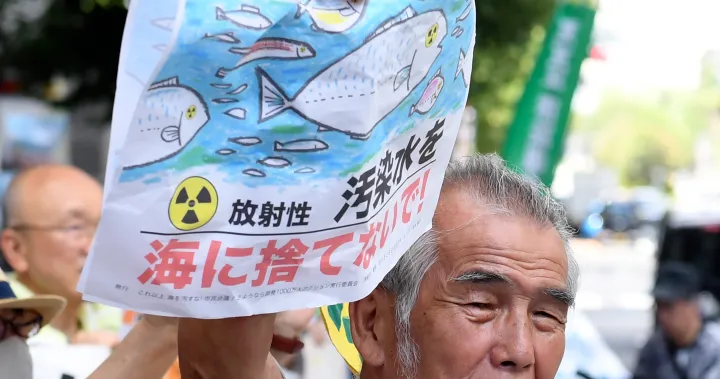China and Japan have reached a landmark agreement over the discharge of wastewater from the wrecked Fukushima nuclear plant, paving the way for the potential restart of seafood shipments from Japan to China. This development comes after Beijing imposed a year-long ban on Japanese seafood imports, citing concerns about radioactive contamination following Tokyo Electric Power’s release of treated water from the Fukushima plant into the Pacific Ocean.
Under the agreement, Japan will establish a long-term international monitoring arrangement, allowing stakeholders to conduct independent sampling and monitoring. Japanese Prime Minister Fumio Kishida stated that Japan is ready to conduct additional monitoring on the treated water. In response, China has agreed to revisit its import restrictions on Japanese marine products and will steadily increase imports for products meeting Chinese standards.
Notably, China’s criteria for Japanese products are not country-specific and apply to all imports. Before the ban, China was Japan’s largest market for seafood exports. However, Japan’s exports of agricultural, forestry, and fishery products declined in the first half of 2024 due to China’s ban.
While the agreement marks significant progress, Chinese foreign ministry spokesperson Mao Ning clarified that it does not guarantee an immediate resumption of imports. Beijing remains opposed to the discharge of Fukushima’s wastewater. Ning emphasized that technical consultations with Japan will guide the gradual resumption of Japanese aquatic product imports.
Japan maintains that the water release is safe, citing the International Atomic Energy Agency’s (IAEA) conclusion that the impact on people and the environment is “negligible”. Japan’s foreign ministry official Hiroyuki Namazu reiterated that the ban should be lifted immediately.
IAEA Director General Rafael Grossi welcomed the agreement, commending Japan and China for their constructive consultations. The Fukushima Daiichi nuclear power plant, damaged in the 2011 earthquake and tsunami, began releasing over a million metric tons of treated radioactive water in August 2023, a process expected to take decades to complete.
The agreement marks a crucial step towards resolving the longstanding issue, with potential benefits for Japan’s seafood industry and bilateral relations with China.



